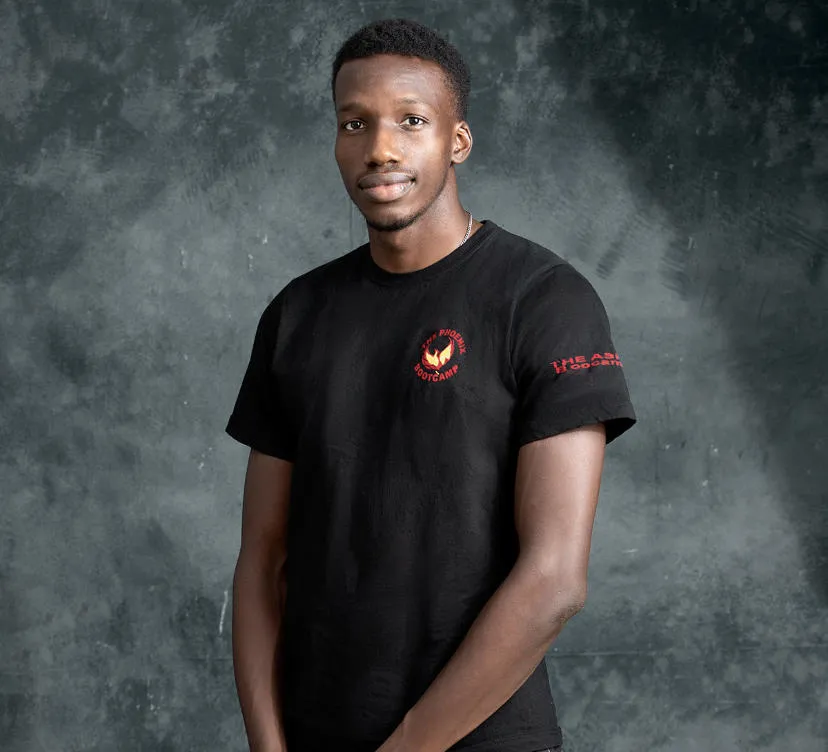Open days and events
Chat with current students and King's staff to find out about the courses we offer, life at King's and ask any questions you may have.
This Tissue Engineering and Innovation Technology MRes is a one-year course that offers you the opportunity to undertake research in a rapidly evolving field of regenerative medicine. You’ll look at new developments in tissue engineering, biomaterials, bone substitutes, 3D printing for customised implants and prostheses, imaging, dental restoratives and drug delivery. You’ll get to work with academics directing a wide range of cutting-edge research projects, with an emphasis on turning early-stage innovations into new health products. You’ll also learn more about our research, which addresses fundamental challenges in biomedicine and dentistry and aims to create a step-change in the way biological systems are deciphered that goes well beyond the current state of the art.

“I got to work on a cutting-edge project which had never been done before in the field and develop laboratory and critical thinking skills, which helped me get a scholarship to do my PhD.”
Graduates of the MRes in tissue engineering and innovation technology are prepared for various career opportunities that require high-level research skills.
This programme is highly suited for students who want to pursue a career in academia, the research and development sector, senior management, industry and engineering in healthcare.
Graduates of the MRes in tissue engineering and innovation technology are prepared for various career opportunities that require high-level research skills.
This programme is highly suited for students who want to pursue a career in academia, the research and development sector, senior management, industry and engineering in healthcare.
Chat with current students and King's staff to find out about the courses we offer, life at King's and ask any questions you may have.
We are delighted to share the news that King’s has moved up to 4th place for dentistry, in the QS World University Rankings by...
Discover your accommodation options and explore our residences.
Chat to current students and staff to find out about life at King's.
Want to know more about studying at King's? We're here to help.
King's is right in the heart of the capital.